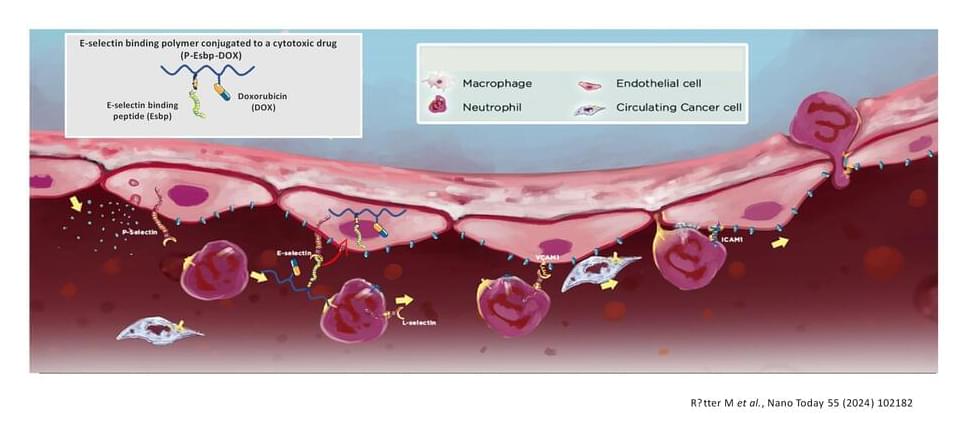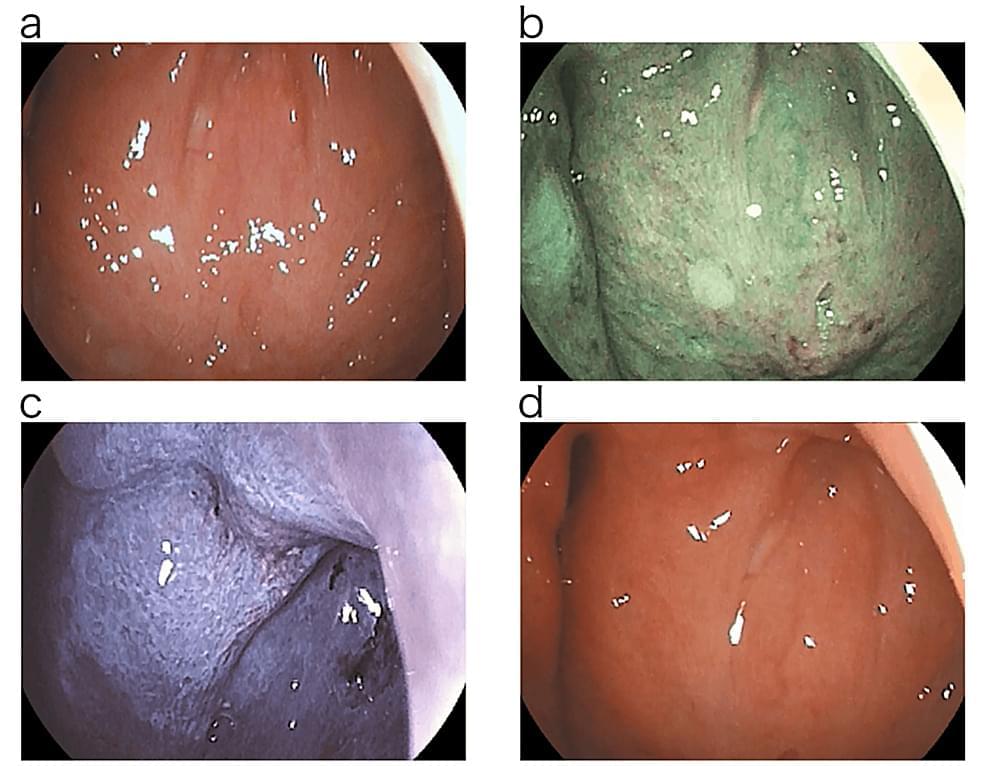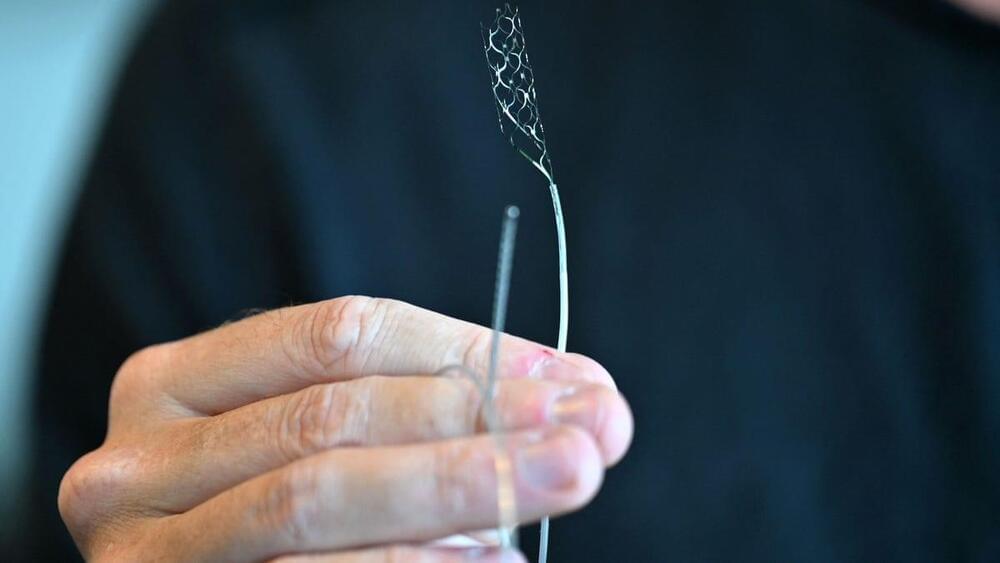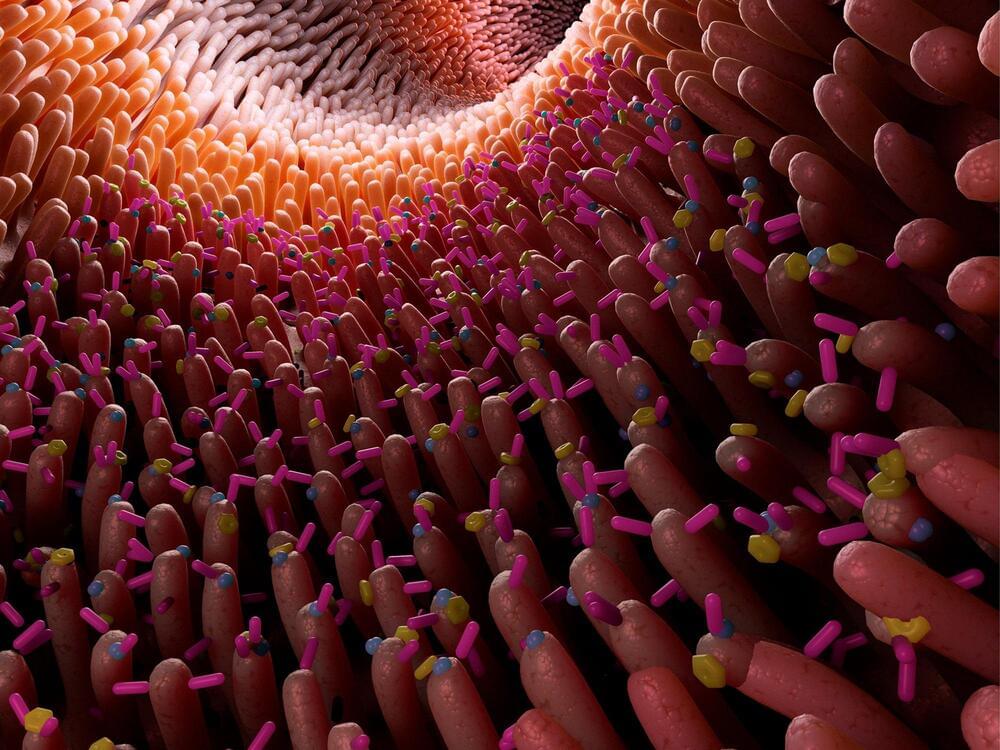Apr 8, 2024
Old drug appears to halt progression of Parkinson’s motor symptoms
Posted by Shubham Ghosh Roy in categories: biotech/medical, neuroscience
A medication used to treat diabetes appeared to halt the progression of Parkinson’s symptoms in a phase 2 trial of people in the early stages of the disease. While more research is needed to see how large the effect is and how long it might last, the news is encouraging in the hunt for new Parkinson’s treatments.
The challenge: More than 8.5 million people worldwide are living with Parkinson’s, a progressive neurodegenerative disease caused by the loss of brain cells that produce dopamine, which helps neurons communicate.
Common Parkinson’s symptoms include tremors, stiffness, and impaired cognition. Meds that replace dopamine can help alleviate those, but they don’t address the underlying cause — the loss of dopamine neurons — and so the disease progresses.


















